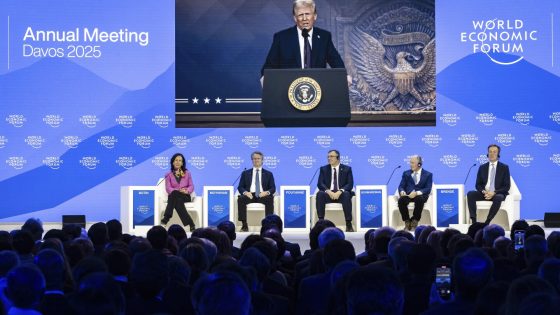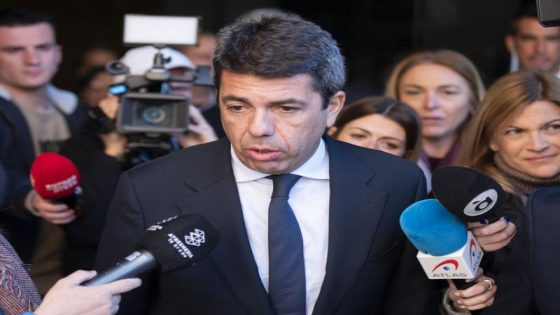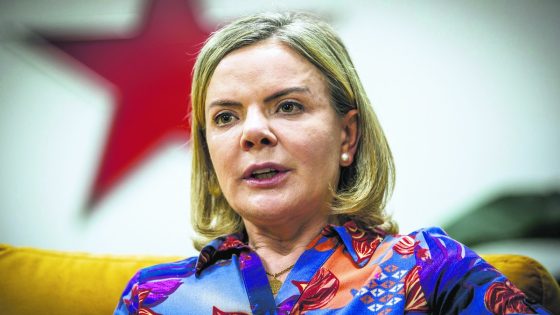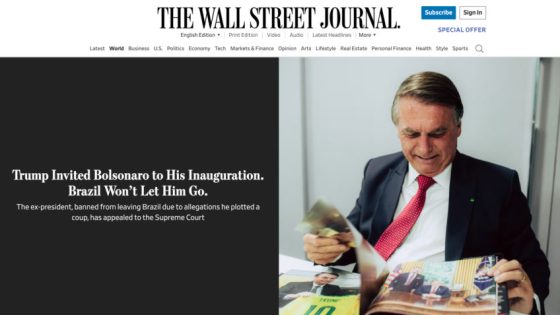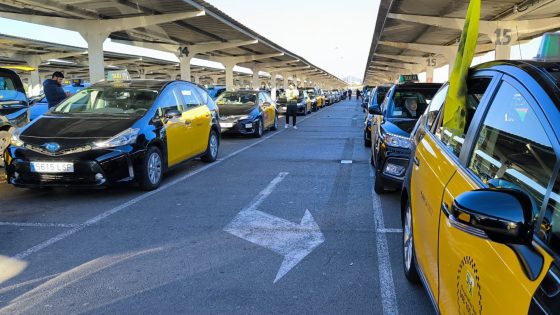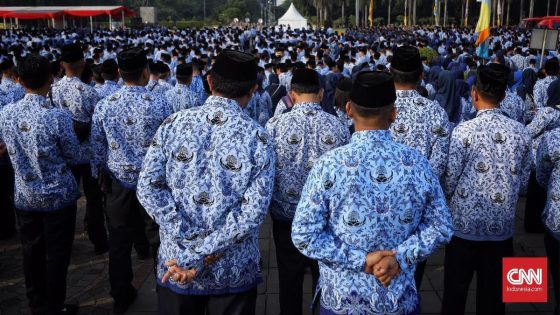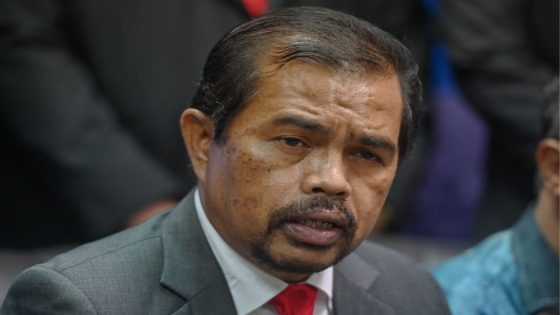On January 23, 2025, President Donald Trump addressed the World Economic Forum in Davos, Switzerland, urging global business leaders to invest in U.S. manufacturing or face tariffs. Speaking via video from the White House, Trump emphasized his administration’s commitment to attracting foreign investment with lower taxes while warning that those who choose not to comply would incur additional costs through tariffs.
- Trump promises lower taxes for U.S. manufacturing
- Tariffs threatened for companies not investing in U.S.
- Saudi Arabia's potential $1 trillion investment discussed
- OPEC+ blamed for high oil prices impacting war
- Mixed audience reactions to Trump's address
- "America First" criticized by international leaders
During his address, Trump highlighted a “carrot-and-stick” approach aimed at stimulating private investment in America. He stated that companies could benefit from some of the lowest tax rates globally if they manufacture their products in the U.S. Conversely, he warned that those opting against this would face tariffs designed to generate significant revenue for the U.S. treasury.
Trump mentioned a potential $600 billion investment from Saudi Arabia but suggested Crown Prince Mohammed bin Salman increase this figure to $1 trillion. His remarks elicited laughter from attendees at the forum as he outlined his ambitious economic goals.
The president also touched upon international issues, including the ongoing Russia-Ukraine war. He expressed a strong desire to meet with Russian President Vladimir Putin soon to discuss ending the conflict and attributed high oil prices partly to OPEC+, suggesting that a decrease in prices could lead to a swift resolution of hostilities.
Trump’s speech received mixed reactions; while some attendees appreciated his directness and clarity on economic policies, others criticized his “America First” stance as detrimental to global cooperation and workers outside the united states.
This address underscored Trump’s focus on revitalizing American manufacturing through strategic incentives while navigating complex international relationships amid ongoing geopolitical tensions.



